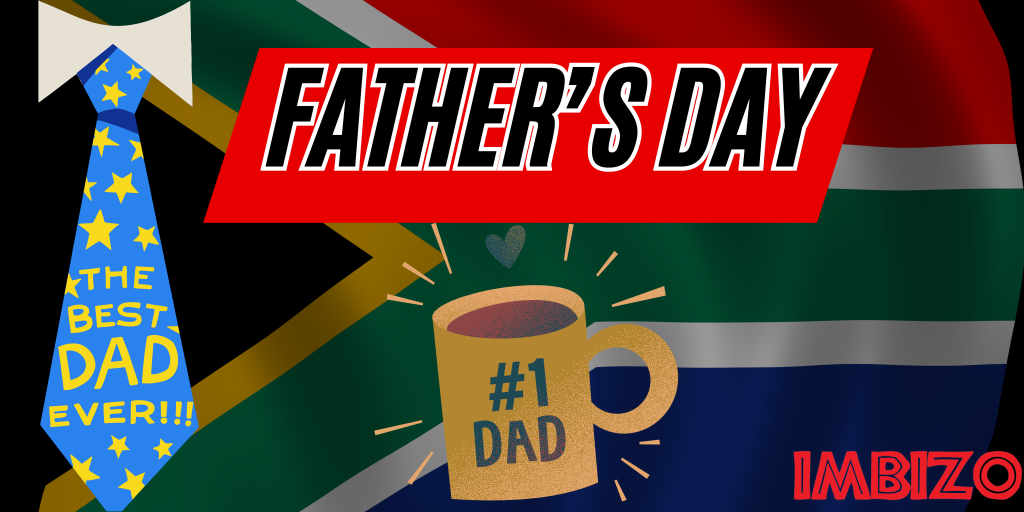Download your Magazine copy here
Father’s Day is an annual celebration where we honor and appreciate the fathers and father figures in our lives. This day is not just about the personal relationships we hold dear but also an opportunity to recognize the contributions of fathers in various fields. One such field where fathers have made indelible marks is the arts and culture fraternity. From literature and music to film and fine arts, fathers have shaped and enriched our cultural heritage. As we celebrate Father’s Day, let’s pay tribute to these creative minds who have influenced generations and left a lasting legacy. In literature, fathers have penned some of the most profound and influential works. Consider William Shakespeare, often regarded as the greatest playwright of all time. As a father, his works, filled with timeless wisdom and insight, continue to resonate across centuries. His ability to capture the human condition in plays like “King Lear” and “Hamlet” speaks volumes about the depth of his understanding and his role as a father not only to his own children but also to the countless readers who have learned from his words. Another literary giant, Leo Tolstoy, author of “War and Peace” and “Anna Karenina,” was not only a father to his 13 children but also a moral and philosophical father to his readers. His exploration of themes such as family, love, and societal structure continues to inspire and provoke thought. Tolstoy’s personal experiences as a father undoubtedly influenced his empathetic portrayal of familial bonds and conflicts in his novels.
In the realm of cinema, fathers have both portrayed and created iconic characters that have shaped the film industry. Take Charlie Chaplin, for instance. Known for his role as the lovable Tramp, Chaplin was also a dedicated father. His films, often laced with humor and pathos, reflect a deep understanding of the human spirit and the importance of family. Chaplin’s ability to convey complex emotions through silent film made him a father figure to many in the industry, mentoring and inspiring future filmmakers. Similarly, Akira Kurosawa, the legendary Japanese director, was a father who deeply influenced world cinema. His films, such as “Seven Samurai” and “Rashomon,” are celebrated for their storytelling, innovative techniques, and profound moral questions. Kurosawa’s dedication to his craft and his paternal role to both his family and his film crews showcase the multifaceted influence fathers can have in the arts. In music, fathers have composed melodies that resonate across generations. Johann Sebastian Bach, one of the greatest composers of all time, was a father of 20 children, many of whom became musicians themselves. Bach’s work ethic and musical genius not only shaped the Baroque period but also instilled a deep appreciation for music in his children and students.
In modern times, John Lennon, a member of the iconic Beatles, balanced his role as a father with his musical career. Songs like “Beautiful Boy,” written for his son Sean, reflect the tender and protective nature of fatherhood. Lennon’s music, infused with messages of peace and love, continues to inspire and influence musicians and listeners worldwide. Fathers in the visual arts have also left their mark, creating masterpieces that capture the essence of their times. Pablo Picasso, a father and a pioneer of modern art, revolutionized the art world with his unique style and vision. His relationships with his children often influenced his work, adding depth and emotion to his pieces. Picasso’s ability to reinvent and innovate.
